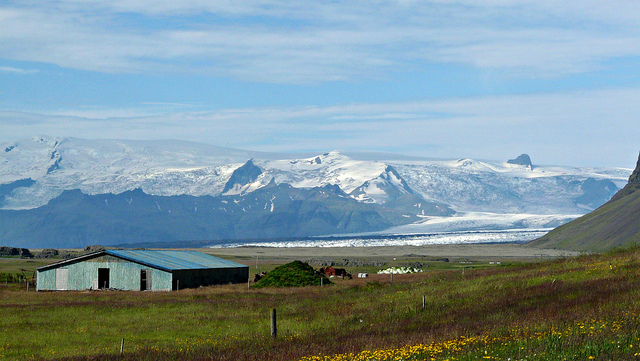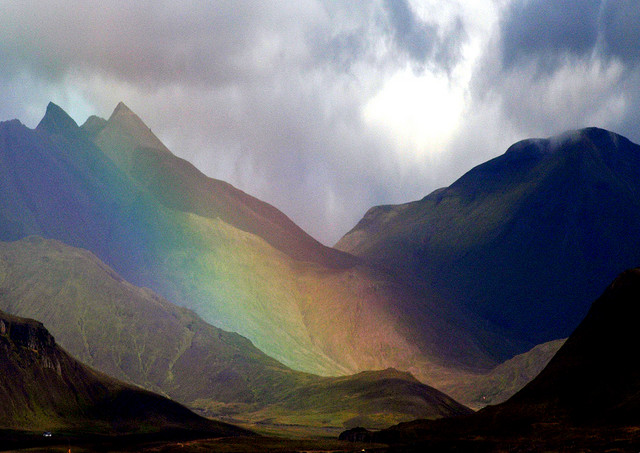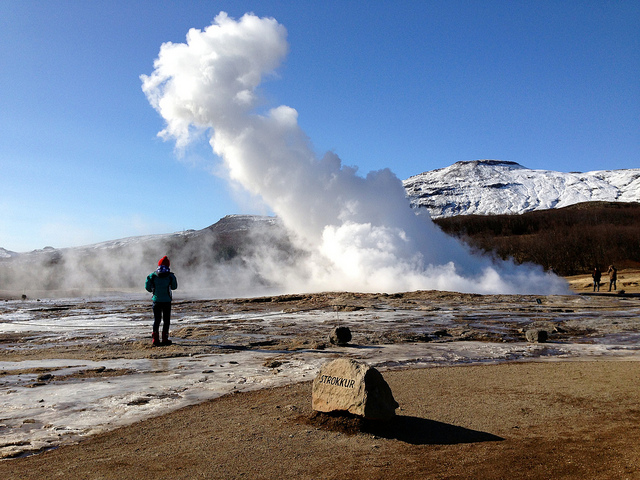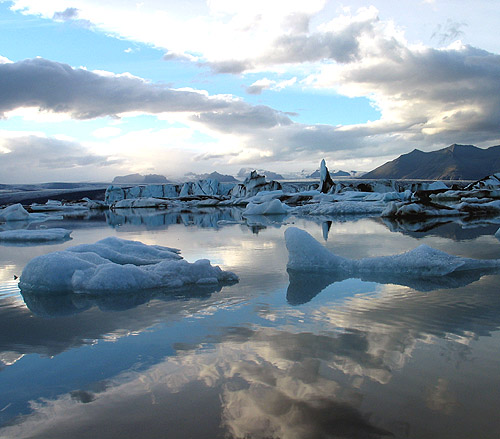While the winter months in Iceland is the best time to see the luscious northern lights, in the summer tourists come to see minkes and humpbacks, flocks of puffins perched on the sea cliffs and take part in extreme activities such as caving, sea kayaking, white water rafting and glacier walking. Whenever you plan to go, here is our roundup of essential travel advice for Iceland.
Entry
UK visitors with a British passport do not need a visa if visiting for less than 3 months, you must make sure that your passport is valid for a minimum of 3 months from date of arrival.
Alcohol and drugs
- The drink drive laws are far stricter in Iceland, with hefty penalties
- All drugs are illegal, and even possession of small amounts of soft drugs can lead to imprisonment
- Smoking is banned in public places
Health
Your European Health Insurance Card (EHIC) is valid for Iceland, but it is strongly advised that you obtain medical and travel insurance as medical repatriation, non-emergency treatment and ongoing treatment is not covered. You can read more about why you need travel insurance even when you have an EHIC in a previous blog post What is a European Health Insurance Card?
The emergency number in Iceland is 112
Safety
Driving conditions are hazardous in Iceland, and journeys on the loose gravel roads will take longer than you think, especially as the speed limits are slow (note – there are hefty fines for exceeding these limits!) During winter, which is from about the start of November to mid April, winter (but not studded) tyres are mandatory.
Iceland is known for being geologically exciting, which also translates as hazardous. Visitors are advised to exercise caution when visiting the following:
- waterfalls
- barren highlands
- Europe’s largest desert
- the largest ice cap outside the poles
- volcanoes
- lava flows
- slow-flowing glaciers
- geysers
- mudpots
- thermal pools
…as well as when taking part in any of the outdoor activities Iceland is known for.
Always make a travel plan so that people know where you are going, when you are meant to be there, and importantly when you are meant to be back.
For more information about a safe stay in Iceland visit:
https://www.gov.uk/foreign-travel-advice/iceland




